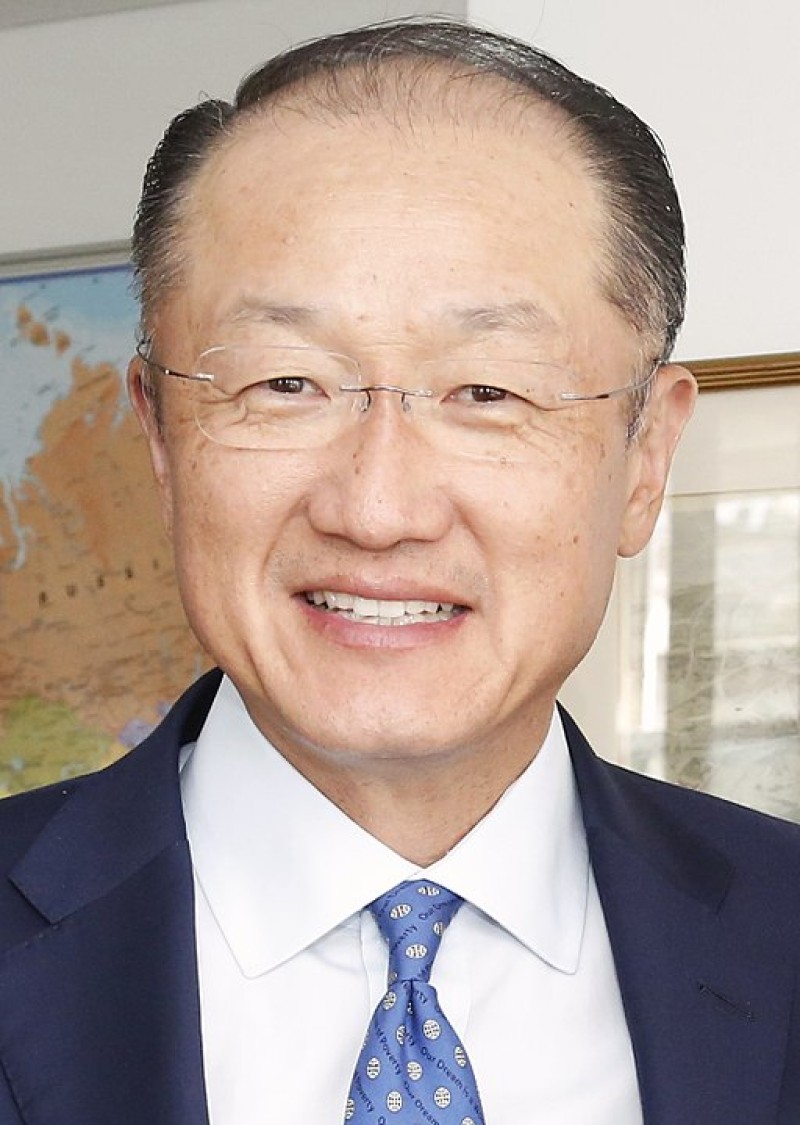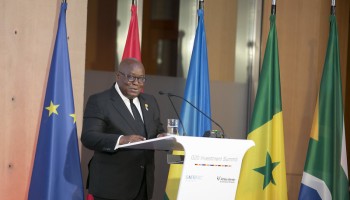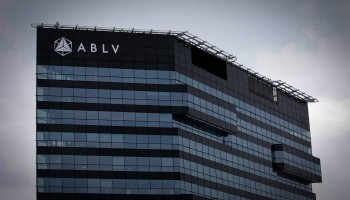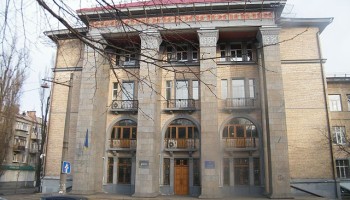Kim talked to the press in Washington DC about using digital tools to fight corruption, Economic Times reported Friday.
"Unfortunately, corruption is a problem in every single country in the world, and I can tell you that we take a very strong stance against corruption," Kim said. "The hope is that technology may be helpful in helping to reduce the amount of corruption that we see, especially in financial systems.”
The World Bank is holding its annual Spring Meeting in Washington and during a special event called “Frontiers in Anti-corruption,” World Bank representatives talked to businesses, media, academics and law enforcement about fighting graft.
During the event, the bank’s Chief Executive Officer Kristalina Georgieva promised to be a “much stronger and proactive voice for countries to be effective in protecting their own money” and also to keep a closer watch on its own money, Devex reported.
Georgieva said the bank has increased efforts to combat corruption, using prevention as well as sanctioning corrupt partners. Moreover, it wants to give a voice to citizens to “make sure that ordinary people can have their voices heard in the high corridors of power,” Georgieva said
For this, they have also turned to technology, including using biometrics to ensure payments go to the right recipient and enabling people to report bribes using their smartphones in Brazil.
The bank’s integrity department called INT investigated 68 projects, reviewed 166 contracts worth US$ 818 million and sanctioned 60 entities in 2016, according to a brief from 2017.
World Bank Group’s partner institution the International Monetary Fund estimates that corruption in the public sector costs the global economy more than US$1.5 trillion, which is about 10 times the money that goes to overseas development assistance, according to a 2016 report.
During the special event, the former general counsel of Siemens AG, Peter Solmssen, said that corruption is bad for companies too.
“Corruption is dangerous and expensive, and it soaks up all the margins you make,” he said.
The World Bank should work together with companies to fight corruption and make sure reporting corruption happens safely and goes unpunished. When the government is corrupt, companies should “engage in collective action” to “keep the bad guys out.”
“I’m asking you to embrace us, to bring us in as a partner, we are the eyes and ears … the people in the room when the palm comes out,” he said.
Siemens has been involved in various corruption itself, namely for bribing Russian gas companies, Israel, Greek officials during the Olympics and officials from dozens of countries.
Last week, the World Bank debarred four companies for corporate misconduct, meaning they could not bid on World Bank tenders and access World Bank funds, according to Lexology’s anti-corruption blog.
In July 2017, a former World Bank consultant was convicted of receiving bribes from medical companies, which the bank in turn sanctioned.






